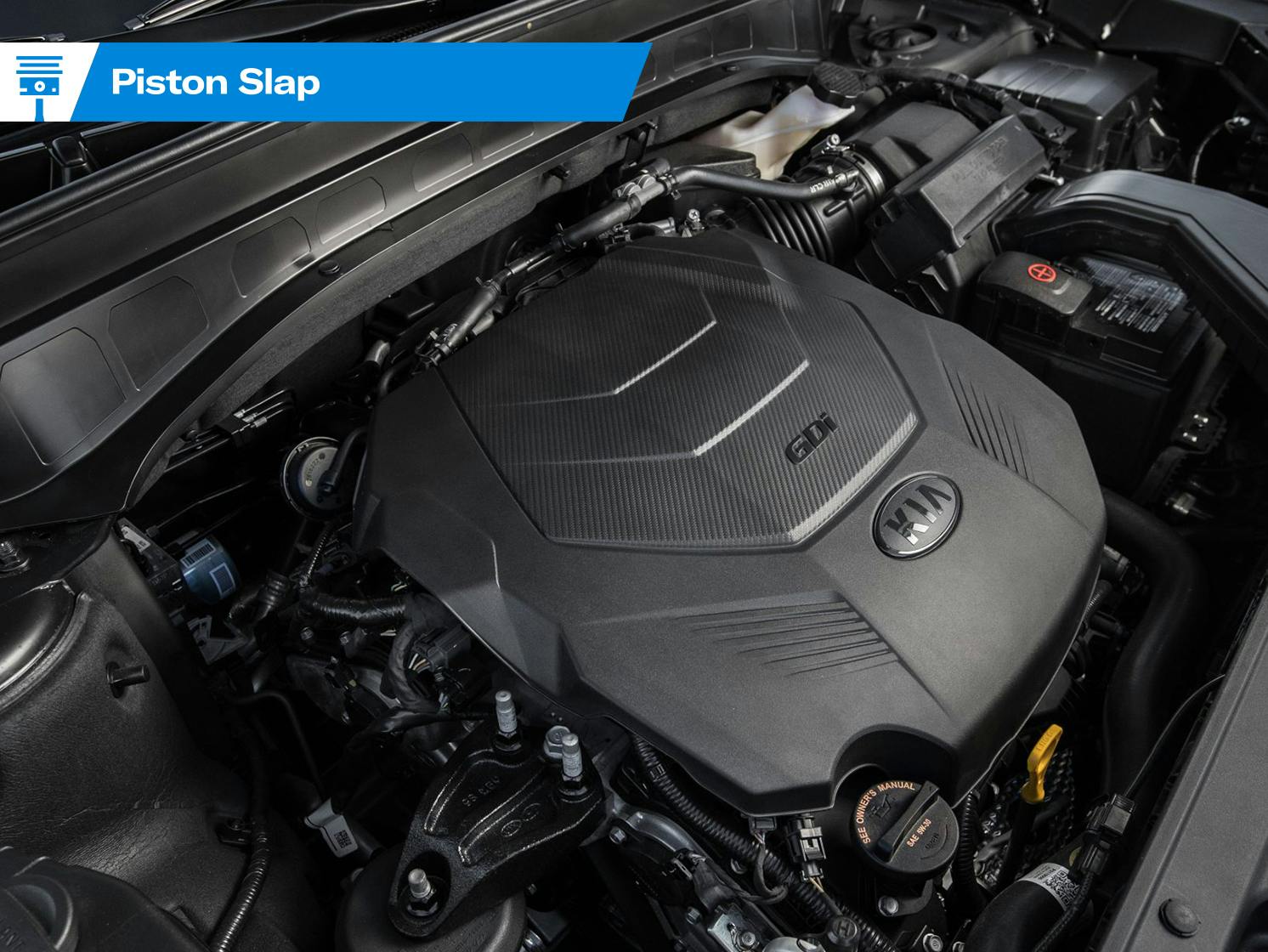Piston Slap: Diesel soot drama, except with modern gasoline engines?

Arnie writes:
I don’t understand why gasoline cars in Europe need a particulate filter. I understand diesels generate a lot of particulates. I have never previously heard of of concerns with gasoline particulates. Will these filters eventually be required in the U.S.?
Sajeev answers:
This is a great question as it was an eye-opener for me too!
Apparently traditional port-fuel injection systems are not as big of a problem, but gasoline-direct injection engines indeed create a terrible byproduct: Soot. But don’t take an automotive writer’s word for it, let’s dig into a publication from a trusted resource.
It may be surprising to learn that the modern gasoline direct-injection (GDI) engines in today’s passenger cars can emit more hazardous fine particulate matter than a port fuel-injected engine (PFI), or even the latest heavy-duty diesels equipped with a particulate filter.
This quote came from a publication by the Society of Automotive Engineers (SAE), which last time I checked has no connection to the Deep State or any other iteration of hot-button topics currently propagating across the internet and provoking a frenzy of clicking and commenting. Let’s dig a little deeper into the article, as it found that the “Oak Ridge National Laboratory’s (ORNL) Fuels, Engines and Emissions Research Center found that sample GDI engines emit five to 10 times more particulate matter than their PFI counterparts.”
The 2017 study below suggests the “adverse effect studies of gasoline exhaust are scarce, even though GDI vehicles can emit a high number of particles.” But consider that fact that more GDI engines hit the road in the last four years, and people aren’t exactly great with long-term vehicle maintenance. Could this be a canary-in-a-coal-mine-situation?
The study might have more merit in the next 10–20 years, so skim the abstract and consider the side effects of “repeated exposure” on your HMOX1 and TNFa genes. Whatever they may be!
The aforementioned SAE article puts the above research into a clearer perspective, stating these pollutants “can irritate the eyes, nose, throat and lungs, contributing to respiratory and cardiovascular illnesses and even premature death especially among the vulnerable: children, the elderly and those with respiratory conditions.”
So, to your questions! Because of the proliferation of GDI engines, yes, this is a legitimate problem you can replicate in a clinical setting. People that live/work in an area with [the aforementioned] repeated exposure scenarios should be somewhat concerned. Maybe GDI cars do need a particulate filter. Whether America gets the particulate filters is anyone’s guess; I choose not to pontificate on our government representatives’ actions.
That said, after contracting the unbelievably rare Stevens-Johnson Syndrome (don’t google it, it’s gross) and the subsequent auto-immune issues that are now part of my life, I generally feel the need to protect other at-risk individuals. Most GDI drivers could care less about the technology under the hoods of cars or SUVs; they just need the vehicle to perform its vehicular duties. I reckon they would either be receptive or wholly apathetic to the change. Sure, the cost will go up, but not enough for anyone to care considering the eleventy-billion month financing plans available on new cars these days.
But that’s just my opinion, your mileage shall vary. Is the GDI performance and fuel economy benefit worth the maintenance, cost, and health downsides? Should we add particulate filters, go back to PFI, or adapt a Toyota-like PFI/GDI hybrid setup?
You tell me, dear reader.
Have a question you’d like answered on Piston Slap? Send your queries to pistonslap@hagerty.com, and give us as much detail as possible so we can help! If you need an expedited resolution, make a post on the Hagerty Community!

